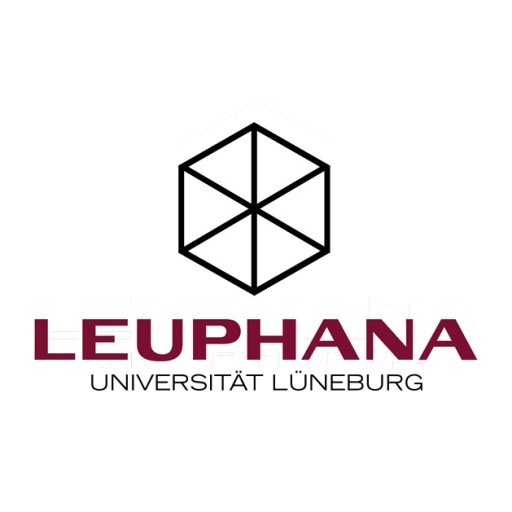Photos of university / #uniheidelberg
The Master of Laws (LL.M.) in International Law – Investments, Trade, and Arbitration at Heidelberg University offers students an in-depth understanding of the complex legal frameworks that govern international economic relations. This comprehensive program is designed to equip future legal professionals, practitioners, and scholars with advanced knowledge and practical skills in the areas of international investment law, trade law, and arbitration practices. Throughout the course, students explore critical issues such as dispute resolution mechanisms, international treaties, arbitration procedures, and the regulation of cross-border investments and commerce. The curriculum emphasizes both theoretical foundations and practical applications, providing learners with insights into current legal challenges and developments in the global marketplace. Participants engage in case studies, simulated negotiations, and research projects, fostering analytical thinking and problem-solving capabilities essential for effective legal advising and policy-making. The interdisciplinary nature of the program encourages an understanding of economic, political, and social factors influencing international law, preparing graduates to operate effectively within multinational corporations, international organizations, law firms, and government agencies. Courses are taught by experienced faculty members with expertise in international law, arbitration, and trade policy, utilizing interactive teaching methods designed to promote critical discussion and collaboration. Heidelberg’s vibrant academic community, coupled with its strategic location in Europe, offers students unique networking opportunities and access to a wealth of legal resources and conferences. The LL.M. program aims to produce graduates who are not only well-versed in legal principles but also capable of applying their knowledge to facilitate international cooperation, resolve disputes efficiently, and contribute to the development of fair and effective international economic law policies. Whether pursuing careers in legal practice, academia, or policy advisory roles, students will benefit from a rigorous educational experience that combines academic excellence with practical relevance, preparing them for leadership roles in the fields of Investments, Trade, and Arbitration on the global stage.
Educational organisation
The programme is organised on a yearly basis. Three terms will be offered in Santiago de Chile, at the Heidelberg Center for Latin America. The curriculum includes a three-month period for preparation of the thesis. A final, one-month term (March 2018) will be offered in Heidelberg at the Max Planck Institute for Comparative Public Law and International Law and at Heidelberg University. During the latter, students will complete their theses and participate in two workshops:Workshop V: The Individual and the State in contemporary Europe: issues in international and community law
Workshop VI: Managing international society under the rule of law: new challenges for international law
A minimum of nine courses will be offered in each term held in Santiago, while during the Heidelberg term there will be two workshops. All courses are compulsory.
The final exam (defence of thesis) for the Master's Degree in International Law will take place in Heidelberg. Defence of the thesis may be held in exceptional cases in Santiago de Chile.
Classes take place Tuesday to Thursday at 6.30 to 9.00 PM. Some classes will be held on Mondays at the same time.
The Master's Degree in International Law (LLM) will be awarded by the University of Heidelberg and the University of Chile.
Forms of assessment
The final exam (defence of thesis) for the Master's Degree in International Law will take place in Heidelberg. Defence of the thesis may be held in exceptional cases in Santiago de Chile.Course objectives
The programme aims first and foremost to offer a comprehensive analysis of current and prospective trends in the field of international law in an era of globalisation, as well as in that of international trade and investments, and in the methods for arbitration and settlement of disputes in these areas.The impact of globalisation on sources and subjects of international law will be examined. Recent developments in the fields of international economic law, protection of the environment and State responsibility, as well as the relevant issues which have confronted international society over the last few years will also be studied.
Emphasis will be placed on subjects relating to the regulation of international trade, particularly the law of international trade, investment law and the settlement of disputes. In this context, special attention will be devoted to subjects such as international arbitration, procedures before the World Trade Organisation and ICSID.
Language requirements
Applicants must provide proof of their English and Spanish skills.English: TOEFL 78/80 (internet-based)
Spanish: DELE/PUC Spanish Exam Intermediate Level
Academic requirements
Applicants must meet the following requirements:- a degree in juridical sciences granted by a Chilean or foreign university
- an outstanding record of achievement throughout their law studies
- a good command of both English and Spanish
Enrolment fees
Application fee: 100 EUREnrolment fee: 302 EUR
Costs of living
Approx. 600 EUR per monthFunding opportunities within the university
The programme will consider granting scholarships in special cases.http://www.hcla.uni-hd.de










